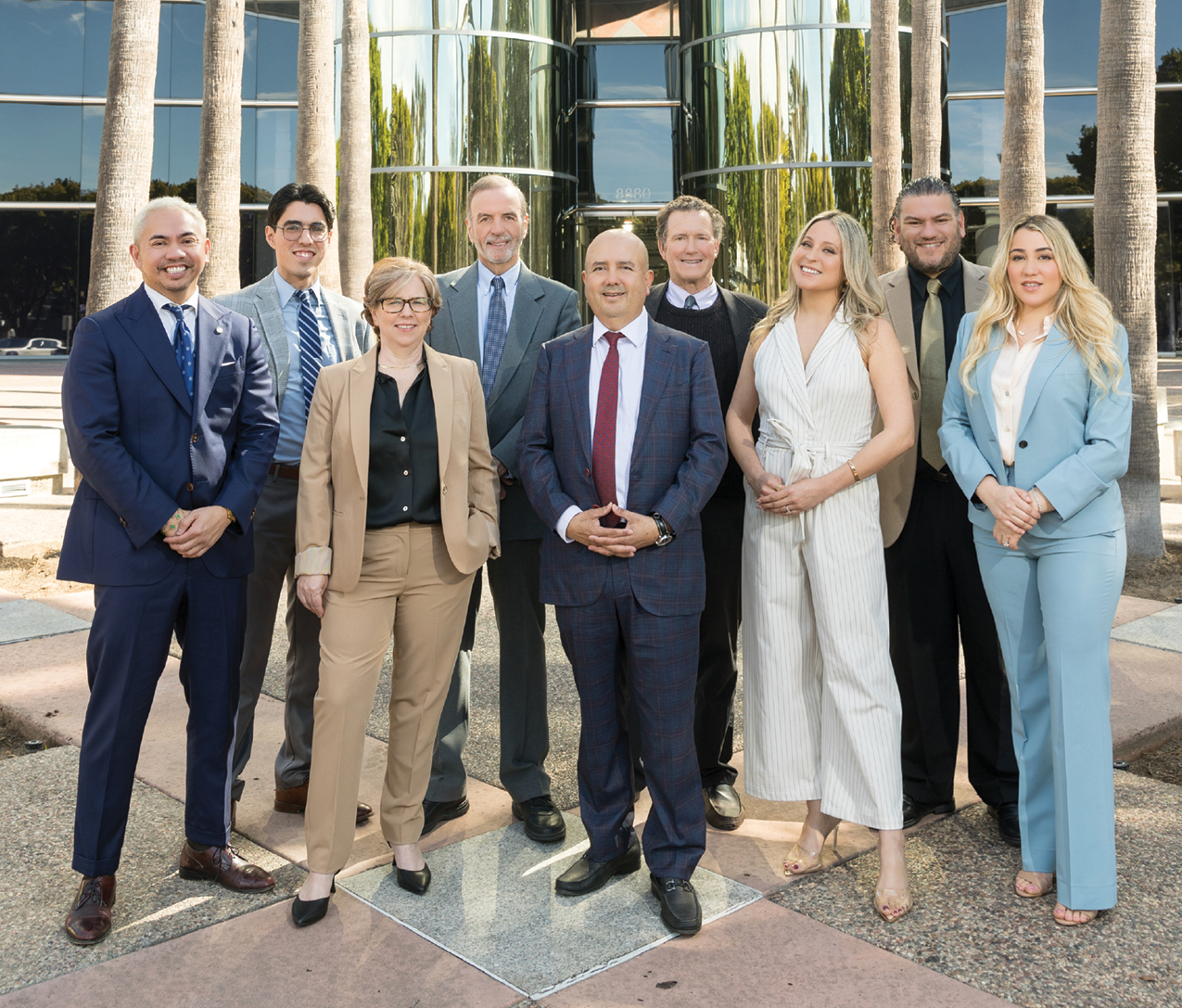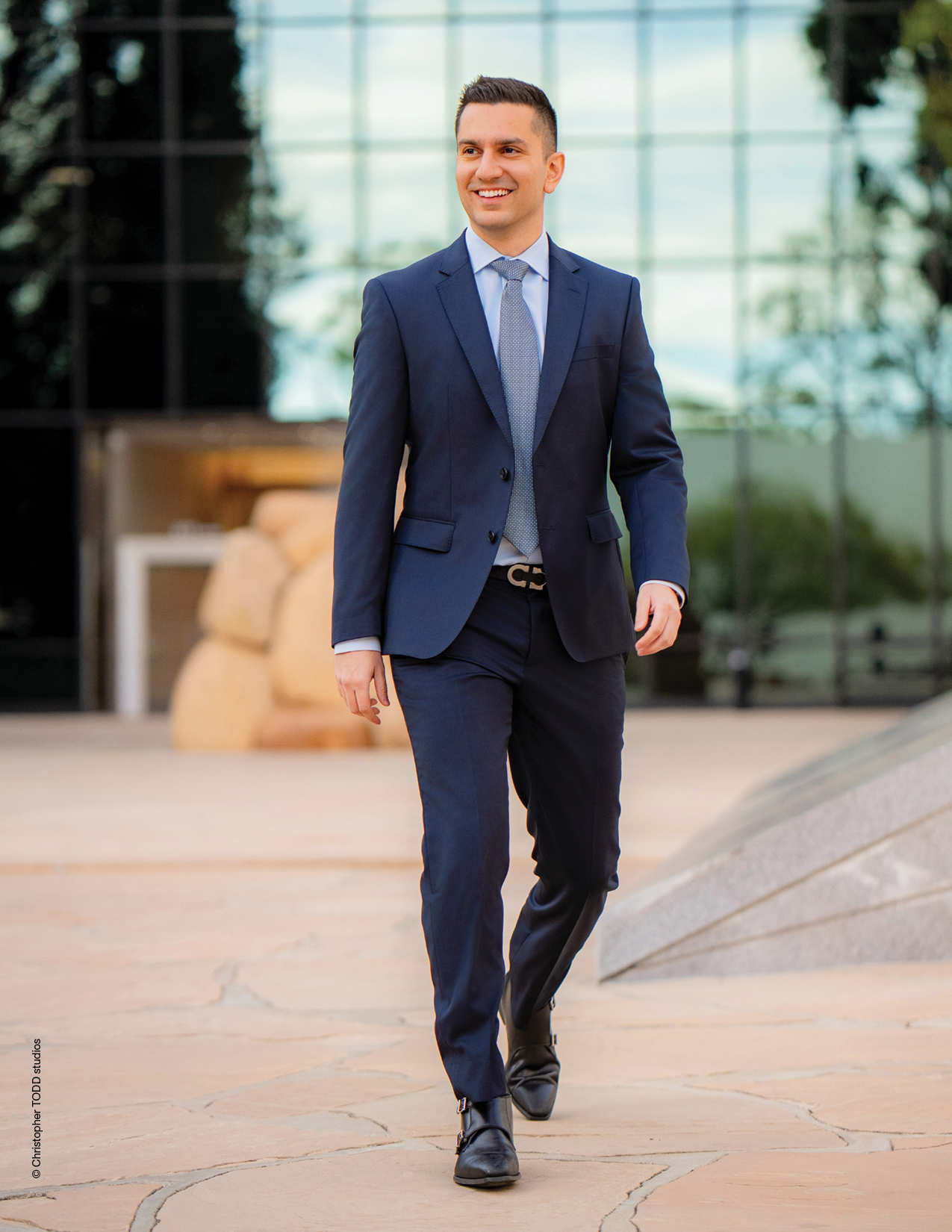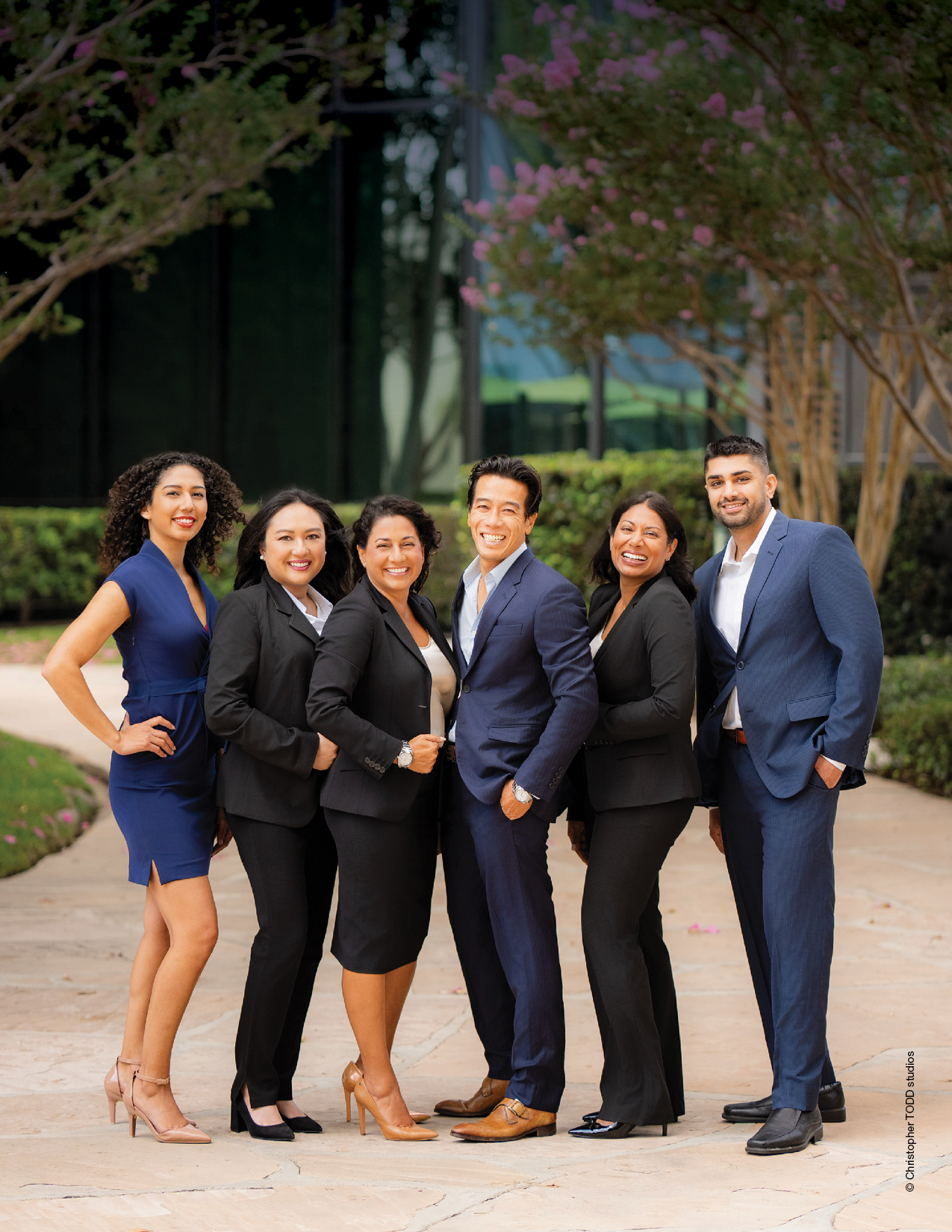First Last placeholder text for author.
California Case Summaries: New California Civil Cases
CALIFORNIA SUPREME COURT
Employment
Kaanaana v. Barrett Business Services, Inc. (2021) _ Cal.5th _ , 2021 WL 1166963: The California Supreme Court affirmed the Court of Appeal’s decision, in a wage and hour class action, that the work performed by plaintiff contract workers working as belt sorters for a county sanitation district falls within the definition of public works in the Labor Code and they are entitled to prevailing wages. The issue was whether the belt sorter work qualified as public works as defined in Labor Code section 1720(a)(2). The California Supreme Court ruled that the most reasonable interpretation of “public works” in Labor Code section 1720(a)(2) was that it was not limited by the definition of “public works” related to construction work set out in section 1720(a)(1). The belt sorters’ labor qualified as “public works” under section 1720(a)(2). (March 29, 2021.)
CALIFORNIA COURTS OF APPEAL
Arbitration
Roussos v. Roussos (2021) _ Cal.App.5th _ , 2021 WL 567366: The Court of Appeal reversed the trial court’s order granting plaintiff’s petition to confirming an arbitration award. In August of 2017, plaintiffs demanded arbitration pursuant to an arbitration agreement entered in 2012. In the 2012 agreement, the parties agreed not to contest that Judge John P. Shook would arbitrate all issues with binding authority over them. In early 2018, the trial court granted plaintiff’s motion to compel arbitration. Judge Shook shortly thereafter served on the parties a disclosure report disclosing two matters, both in 2016, in which he had served as an arbitrator. Defendant then timely filed a notice of disqualification of Judge Shook as the arbitrator based on the disclosure report pursuant to Code of Civil Procedure section 1281.91(b). The arbitrator denied defendant’s disqualification request, and ultimately entered an award in favor of plaintiffs. The Court of Appeal ruled that, despite the 2012 agreement, the arbitrator was a proposed neutral arbitrator for the arbitration under Code of Civil Procedure sections 1281.9 and 1281.91, and under section 1281.91(b)(1). As such, the arbitrator was required to disqualify himself upon defendant’s timely notice of disqualification. The Court of Appeal ruled that the parties could not contract away California’s statutory protections for parties to an arbitration, including mandatory disqualification of a proposed arbitrator upon a timely demand. (C.A. 2nd, February 16, 2021.)
Attorney Fees
Guo v. Moorpark Recovery Service, LLC (2021) _ Cal.App.5th _ , 2021 WL 423563: The Court of Appeal reversed the trial court’s order denying judgment creditor’s motion for attorney fees under Code of Civil Procedure section 685.040. The trial court erred in denying attorney fees. The Court of Appeal ruled that, because the judgment indicated that defendants were the prevailing parties under Code of Civil Procedure Section 1032 and were entitled to recover their costs of suit and reasonable attorney fees in the action, even though no dollar amount was stated in the judgment, they were awarded attorney fees under section 685.040, and judgment creditor was entitled to attorney fees incurred in enforcing the judgment. (C.A. 1st, February 8, 2021.)
Pech v. Morgan (2021) _ Cal.App.5th _ , 2021 WL 926562: The Court of Appeal affirmed the trial court’s orders granting plaintiff attorney’s applications for attachment orders regarding unpaid fees and costs totaling over $821,000. In an action to collect unpaid fees based on breach of a valid attorney fee agreement, the terms of the fee agreement determine the amount of recoverable fees. To be enforceable, the fee agreement cannot be unconscionable. And, as with every contract, the attorney’s performance under the fee agreement must be consistent with the implied covenant of good faith and fair dealing. This requires a court adjudicating a fee dispute to determine, among other things, whether the attorney used reasonable care, skill, and diligence in performing his or her contractual obligations. This standard applies in determining the probable validity of an attorney’s claim for breach of an enforceable fee agreement under the attachment statutes. (See Code of Civil Procedure, section 484.010 et seq). The trial court properly ruled that, in two of the four cases worked on by plaintiff, the parties had entered into valid and enforceable written engagement agreements that complied with Business and Profession Code section 6148’s disclosure requirements. Regarding the two additional cases without engagement agreements, the trial court properly found defendants impliedly agreed to the specified hourly rates in plaintiff’s other fee agreements based on previous work performed by plaintiff. The Court of Appeal affirmed the attachment orders because plaintiff had established the probable validity of his claims for breach of the fee agreements. (C.A. 2nd, March 11, 2021.)
Civil Code
Ruiz Nunez v. FCA US LLC (2021) _ Cal.App.5th _ , 2021 WL 752644: In a lemon law case alleging violations of the Song-Beverly Consumer Warranty Act (Song-Beverly Act; Civil Code, section 1790 et seq.), the Court of Appeal reversed in part and affirmed in part a judgment for plaintiff, following a jury trial, awarding plaintiff damages of $45,378.99, $179,510 in attorney fees, and $31,888.49 in costs. The judgment was reversed because the trial court erred in giving a special jury instruction, requested by plaintiff, and objected to by defendant, stating that if a defect existed within the warranty period the warranty would not expire until the defect had been fixed. This instruction misstated the law and conflicted with another instruction given to the jury, CACI No. 3231, which correctly explains the continuation of warranties during repairs. The Court of Appeal affirmed the trial court’s order granting defendant’s motion for nonsuit on plaintiff’s cause of action for breach of implied warranty. Defendant was the manufacturer of the car, not a distributor or dealer who sold the used car to plaintiff, and therefore was not liable under the lemon law for breach of implied warranties in the sale of a used car. (C.A. 2nd, February 26, 2021.)
Civil Procedure
Crestwood Behavioral Health, Inc. v. Super. Ct. (2021) _ Cal.App.5th _ , 2021 WL 613700: The Court of Appeal denied a writ petition seeking to overturn the trial court’s order denying defendant’s motion to transfer venue from Alameda to Sacramento, where petitioner’s principal place of business was located, in an action filed under the Private Attorneys General Act (PAGA; Labor Code, section2698 et seq.). Ruling on an issue of first impression, the Court of Appeal denied the petition, concluding that venue was proper in any county in which an aggrieved employee worked, and Labor Code violations allegedly occurred. (C.A. 1st, February 17, 2021.)
Manhan v. Gallagher (2021) _ Cal.App.5th _ , 2021 WL 1152394: The Court of Appeal affirmed the trial court’s order setting aside discovery sanctions of $3,360 that plaintiff had obtained against defendant. Defendant’s motion to set aside the sanctions was filed after plaintiff dismissed the action without prejudice. The trial court properly set aside the discovery sanctions after learning from defendant that plaintiff’s attorneys were representing plaintiff without charging any attorney fees. The trial court was initially inclined to report the matter to the State Bar of California. But, after the attorneys for plaintiff explained that the fee request in the motion for sanctions was an inadvertent error because the associate handling the case did not know the client was not being charged fees, the trial court decided it need not report the matter to the State Bar. On appeal, plaintiff argued the trial court lost jurisdiction to reconsider the sanctions order after the case was dismissed. The Court of Appeal ruled that the trial court’s authority to reconsider sanctions survived even after plaintiff voluntarily dismissed the action. (C.A. 1st, March 26, 2021.)
Government
Guastello v. AIG Specialty Insurance Company (2021) _ Cal.App.5th _ , 2021 WL 650878: In an action where plaintiff sued an insurance company under Insurance Code section 11580(b)(2) after it had obtained a default judgment against a subcontractor who had built a retaining wall that failed, the Court of Appeal reversed the trial court’s order granting defendant’s motion for summary judgment on the basis that the failure of a retaining wall built by the subcontractor occurred long after the insurance policy had expired, and therefore the insurance company had no duty to cover the default judgment. The insurance policy provided coverage based on the timing of an "occurrence." Plaintiff alleged that "continuous and progressive" damage began to occur shortly after the subcontractor built the retaining wall during the policy coverage period. The insurance company disagreed. The Court of Appeal ruled that the determination of when the occurrence took place was a question of fact requiring the denial of the motion for summary judgment. (C.A. 4th, February 19, 2021.)










